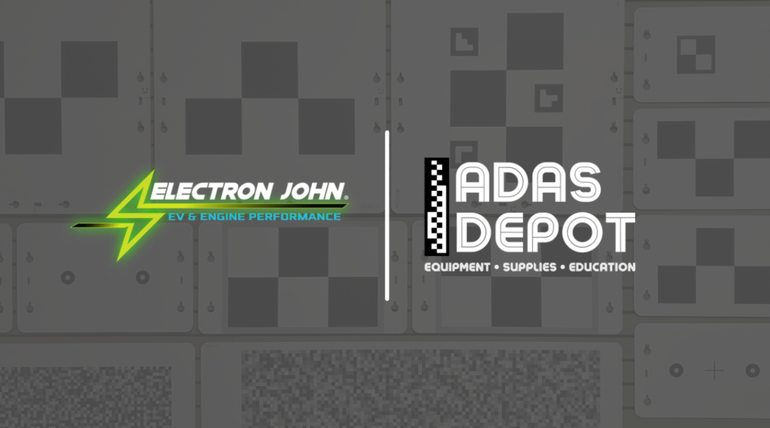Electric vehicles (EVs) are becoming more popular – whether you like it or not – and the demand for skilled EV technicians is growing quickly. Working on EVs is very different from working on traditional vehicles, which is why the right training and certifications are so important.
Why EV Training Matters
EVs and Hybrids (HEVs) use high-voltage systems that require special safety knowledge. Without proper training, working on these vehicles can be dangerous. Certification programs give technicians the skills they need to stay safe and to service EVs with confidence.
Publishing your EV certifications is also an easy way to advertise that you actually perform work on EVs and HEVs. Unless you have “EV” or “Hybrid” in your business name, many customers may not realize you can perform work on these vehicles!
Key Trainings and Certifications to Consider
- High-Voltage Safety Training
Learn how to safely work around high-voltage batteries and systems. This includes how to disconnect power, use protective gear, and respond to emergencies. - I-CAR EV Certifications (Inter-Industry Conference on Auto Collision Repair)
I-CAR offers EV-specific training for collision and body shops, focusing on high-voltage disable/enable, damaged battery safety, and OEM repairability standards. These certifications are often required for shops to qualify for OEM-recognized repair networks. - ASE (Automotive Service Excellence) L3The ASE L3 certification is the primary U.S. credential for EV and hybrid service technicians. It requires A6 and A8 certifications and covers HV batteries, motors, inverters, regenerative braking, and diagnostic procedures; this makes it the industry baseline for EV powertrain repair.
- OSHA (Occupational Safety and Health Administration) HV Standards
While OSHA does not issue a certification, it enforces mandatory electrical safety compliance standards. Training ensures techs use proper PPE, insulated tools, and arc-flash protection, which are legally required for anyone servicing high-voltage EV systems.
- EV System Basics
Understand the parts that make EVs unique, such as electric motors, battery packs, and charging systems. - Manufacturer-Specific Programs
Some car makers offer their own training and certification programs. These are helpful because each brand may have different tools and repair steps. Becoming certified for a specific manufacturer can prepare you for a career as a factory-trained technician, automotive shop owner, or automotive worker. A few programs include, but are not limited to: - Tesla START Program — For technicians joining Tesla service centers or partner schools. Covers EV systems, HV safety, diagnostics.
- Nissan EV Technician Certification — Focused on LEAF/ARIYA systems, battery service, HV power electronics.
Check out our training classes we offer to get you started on your EV journey!
Why Certification Benefits Technicians and Shops
- Improved Safety
Certified training lowers the risk of injury when handling high-voltage systems and specialized EV components. As a shop owner, you want to limit liability to potential accidents and bodily harm. - Increased Earning Potential
Shops may charge higher rates for EV services because of the complexity involved, and certified technicians and shops are often in higher demand. - Better Customer Discovery
As mentioned above, there is confusion in the market today from customers on who is capable of actually servicing EVs and HEVs. Certifications help reduce that asymmetry. These owners also want to know their vehicles are in safe hands, so displaying certifications builds confidence and helps shops stand out from the competition. - Insurance and Warranty Compliance
Many insurance companies and manufacturers require proof of proper certification before approving repairs or covering warranties. - Staying Ahead of the Curve
EV technology is evolving fast. Certified training ensures technicians and shops are ready for the latest systems and tools.
Building Your Career with EV Certifications
Adding EV training to your skill set not only makes your work safer but also opens the door to more job opportunities. Many shops and dealerships are looking for certified technicians who can handle the growing number of EVs on the road.
Final Thoughts
The shift to EVs is not slowing down. For shops, certification means new revenue opportunities, stronger customer trust, and a competitive edge. For technicians, it means more career options and the chance to work with cutting-edge technology. Whether you are just starting out or adding new skills, these programs will help you stay ahead in the industry.
ADAS Depot is proud to offer two EV training programs to help industry professionals pursue continuous learning opportunities– Transitioning to EV: Service & Maintenance Training and Electron John - Making Money with EVs. Not sure which one is right for you? Call us at +1.925.566.8545 to ask an expert!

